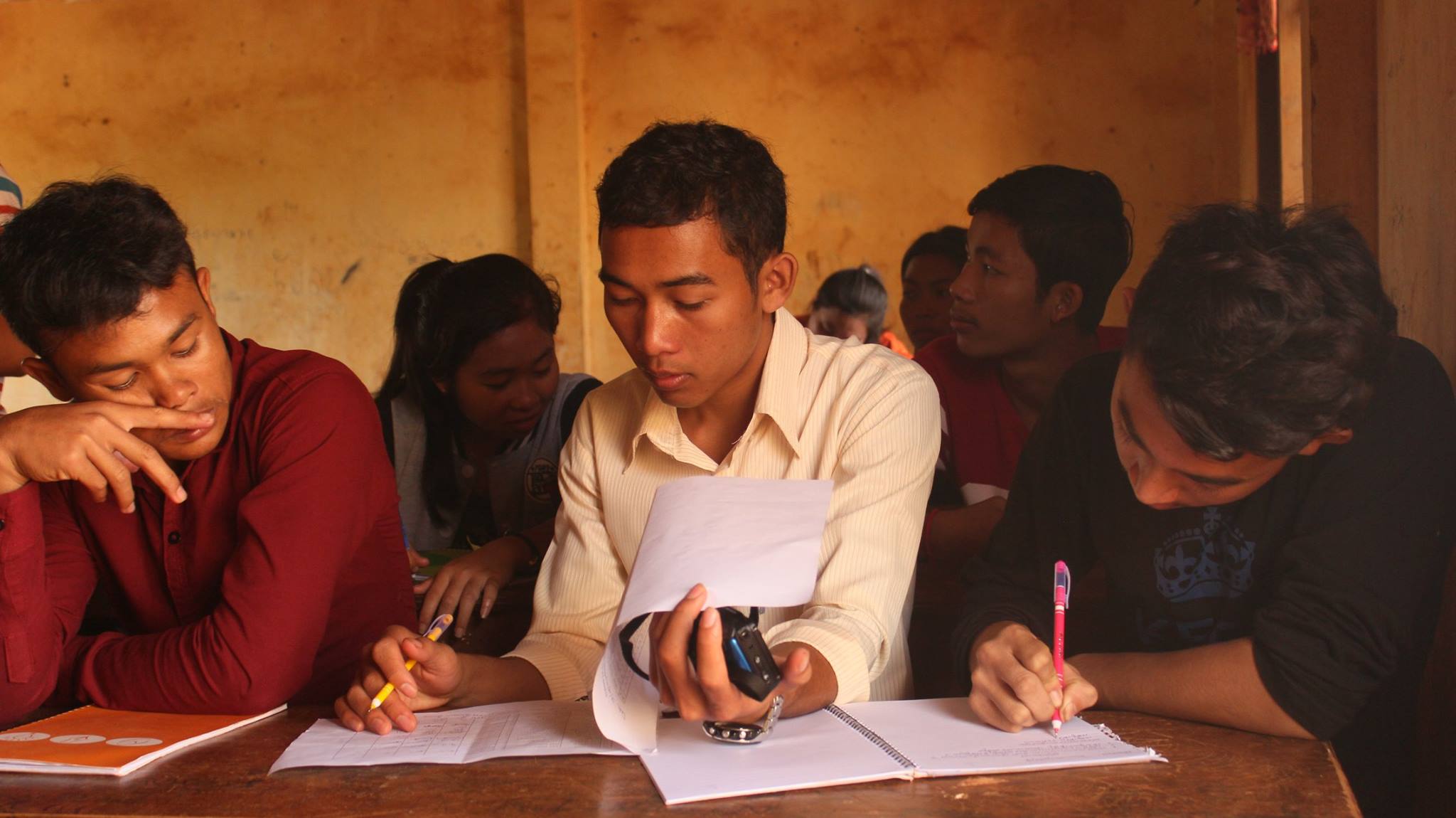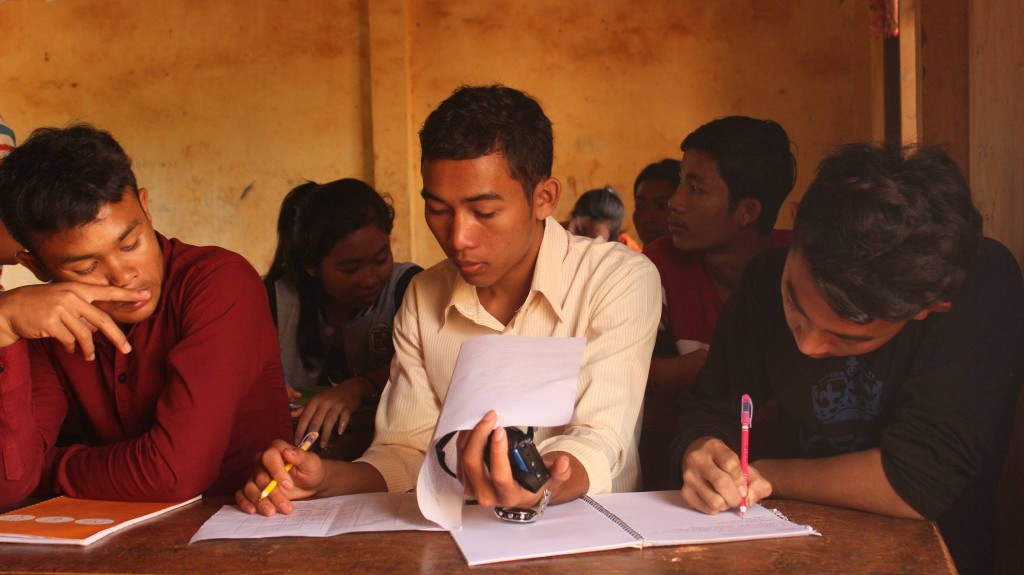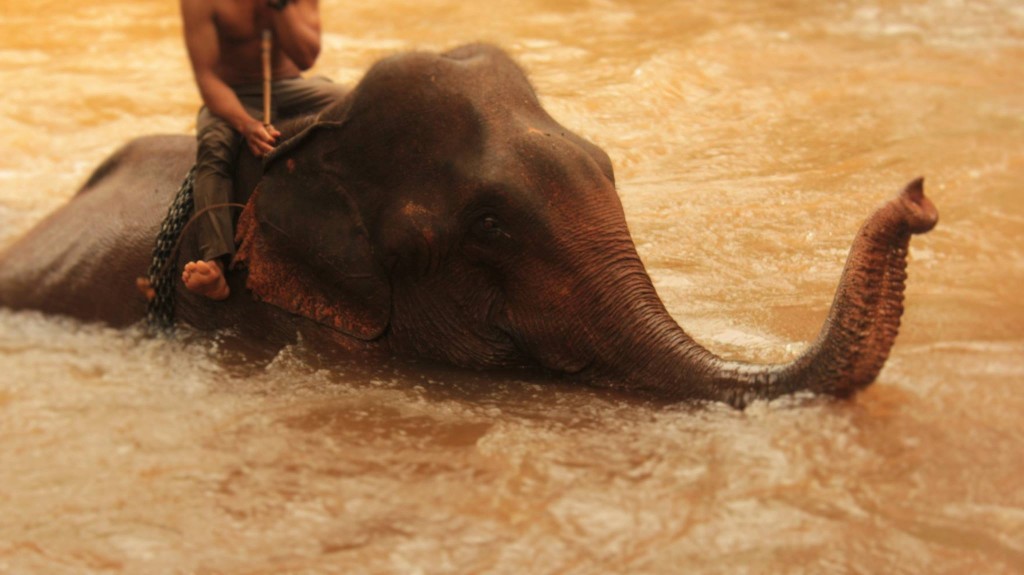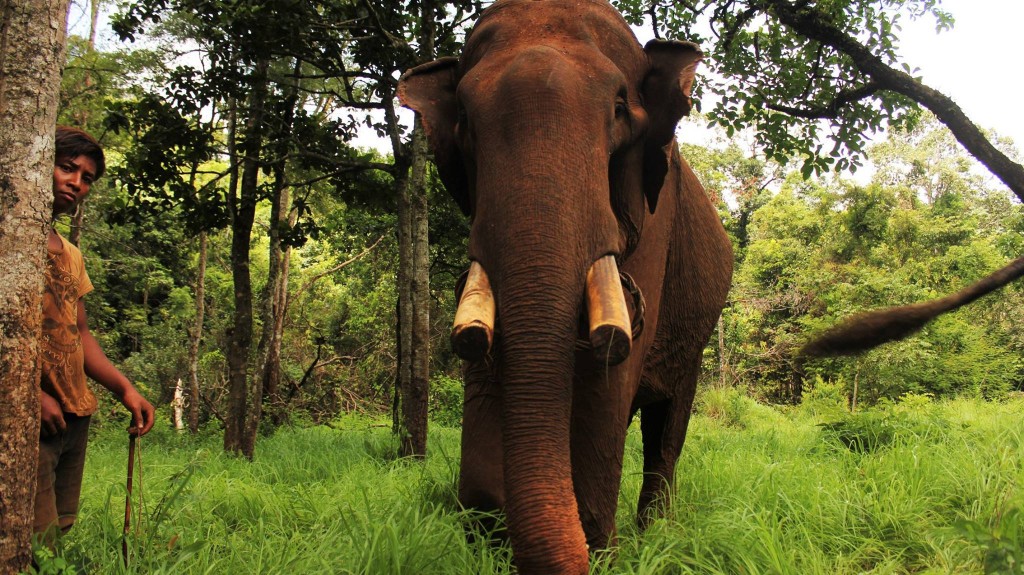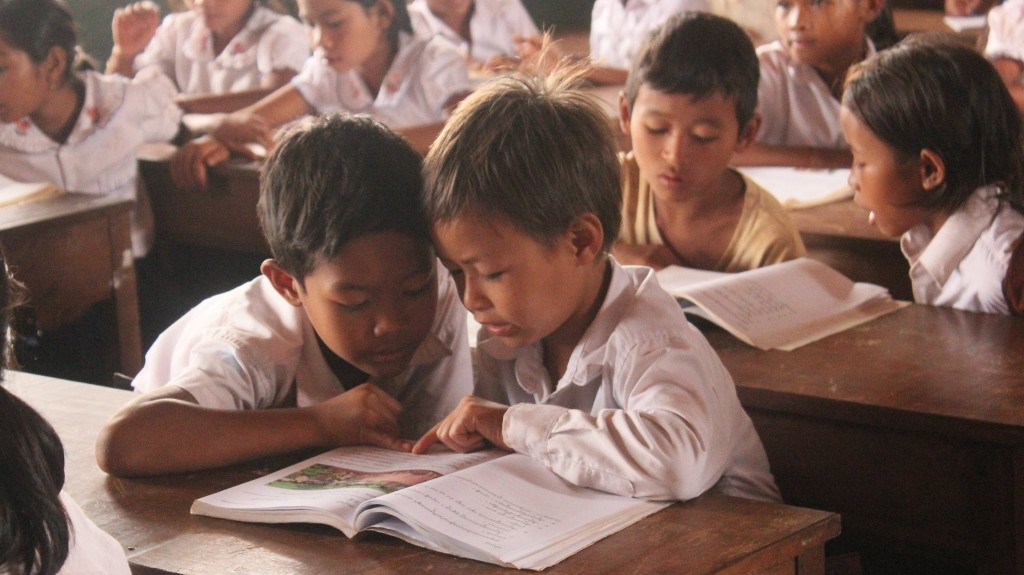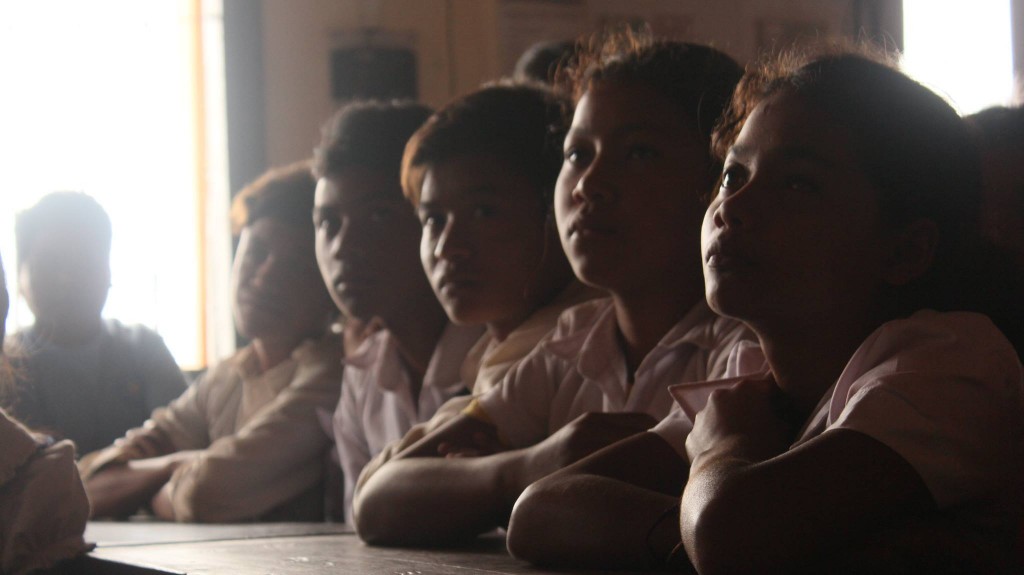Racha Sobratee, BSc Economics
Travel guides describe Mondulkiri as being similar to Wales, which is the reason why I contemplated canceling my grueling 18-hour flight to Eastern Cambodia and hopping on a Megabus instead. But boy am I glad I didn’t because Mondulkiri is nothing like Wales.
Its capital, Sen Monorom, appears to be a rapidly developing town with improvements to infrastructure and construction projects visible on every main street. Groups of tourists are dotted around the town, all there for the numerous elephant projects which have fueled the steady growth of the tourism industry.
The warm and tight-knit community coupled with scenic landscapes that stretch for miles make it all too easy to overlook the difficulties that a province like Mondulkiri faces.
The roar of the gushing waterfalls drowns the sound of the trees tumbling in the thinning forests caused by illegal logging. It used to take a week and a detour through Vietnam to travel from the country’s capital city, Phnom Penh, to Mondulkiri.
Now, a new road has cut this journey down to merely eight hours, increasing access in and out of the province as well as the geographical mobility of the population.
However, this step has led to dramatic changes in the demographic structure. Mondulkiri hosts a majority of the country’s ethnic minority and predominantly, the indigenous Bunong people.
All photos credited to Author
Changes in the environment and the climate have threatened their lifestyles and farming methods. Combined with an influx of Khmer migrants from all over Cambodia, this acts as a catalyst, spurring the urgent need to adapt, but often with no clear direction of how to do so.
The uncertainty resonates into the youth which forms half of the population. Access to education is virtually non-existent for those in remote villages.
Working with a local high school and the Provincial Office of Education opened up a whole plethora of issues to me. The students were motivated and the teachers more than willing to equip them with relevant life skills and education.
However, amidst the bureaucracy and corruption, the process to improvement is proving to be an immense challenge.
Cambodia’s bloodied history had more than colonisation to recover from. The brutalities of the Khmer Rouge went beyond the years the regime was in place. Despite its official end in 1975, the impact is still rippling out in the communities. The lack of trained intellectuals has hindered real progress in places like Mondulkiri and intelligence is stifled by a lack of access to information and opportunities.
Fortunately, the province has attracted numerous charities and NGOs that have turned their atten tion towards Cambodia’s largest and most sparsely populated region. The road to development will require consistency in projects and learning the idiosyncrasies of the province in order to tailor such projects for the best chance of success.
VSO ICS is currently running a sustainable education project in Mondulkiri which allows 18- 25 year olds to spend 3 months there without having to pay an extortionate amount of money. To find out more, visit www.vsointernational.org
